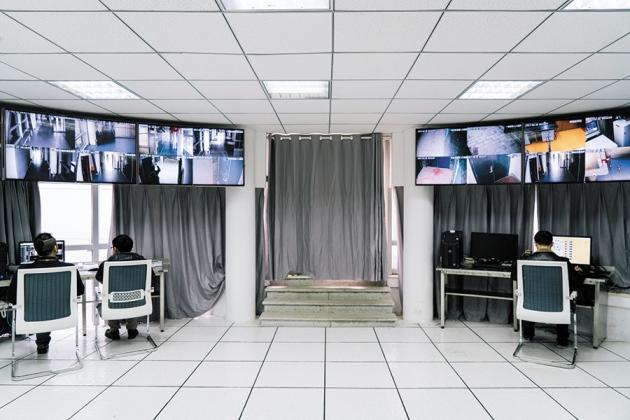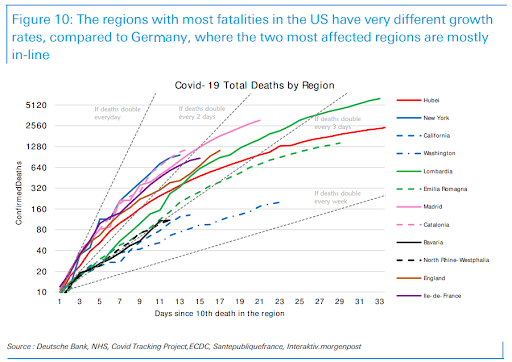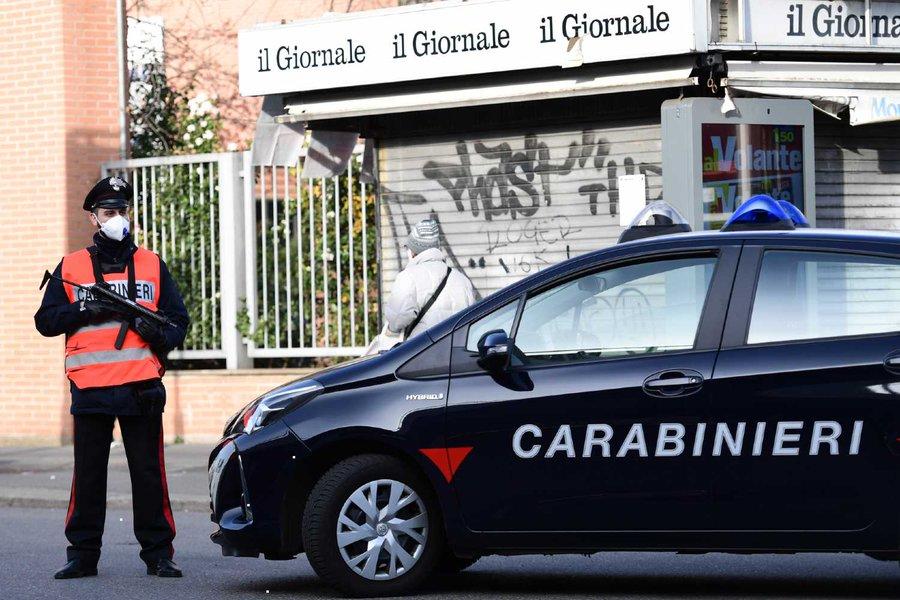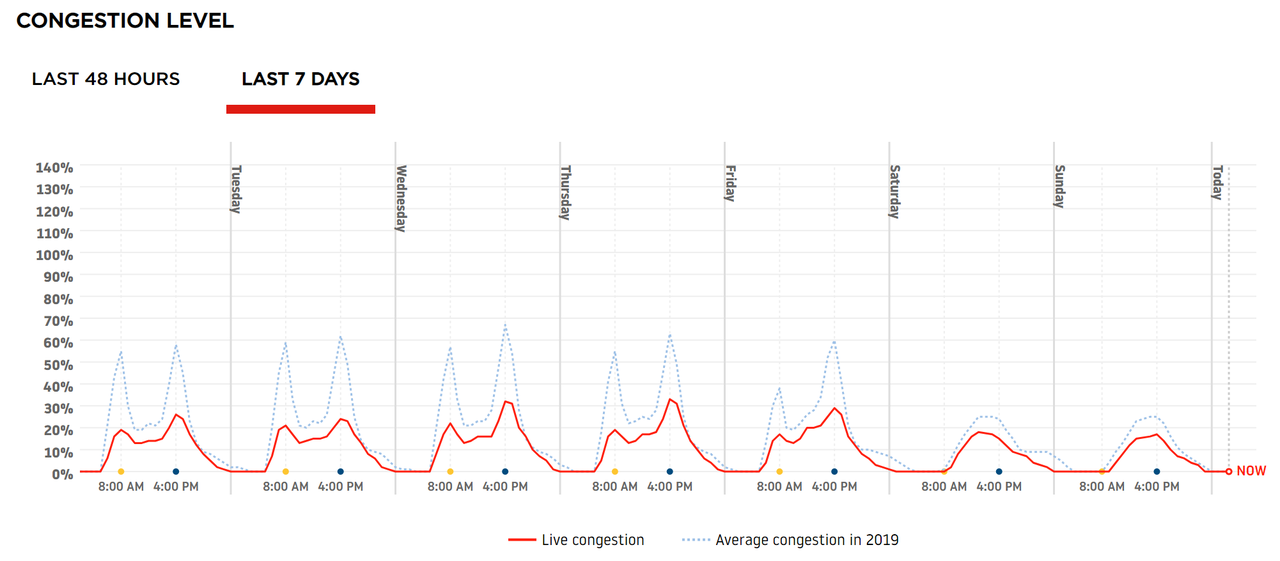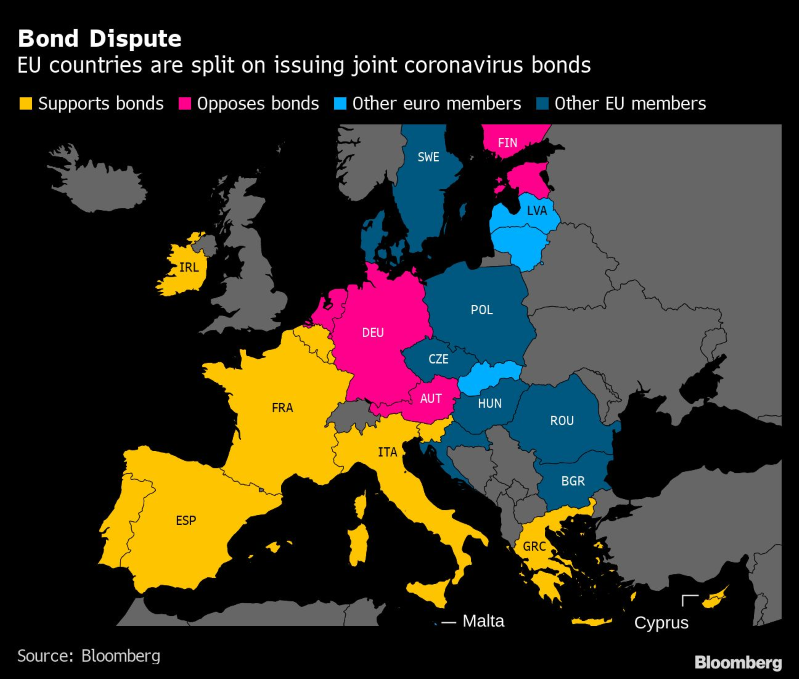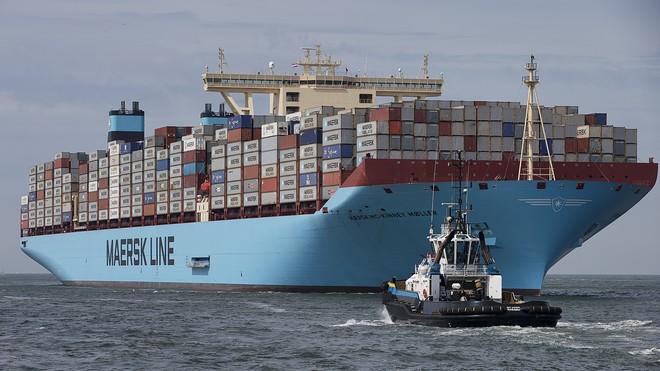Pentagon Says Boot Camps Must Continue For ‘National Security’ Despite ‘Putting Lives in Danger’
Police are breaking up “coronavirus parties” in New Jersey, authorities are hunting down a Florida pastor for violating a ‘health order’ to not hold services, state troopers are enforcing quarantine orders along the Louisiana-Texas border, and yet it’s business as usual for US military recruiting even as calls grow to close boot camps across the United States, especially at hard-hit coronavirus hot spots on the East and West coasts.
“Marine recruiters in the state hit hardest by the novel coronavirus have grave warnings about the military’s decision to continue sending young men and women off to boot camp in the middle of a global pandemic,” reports Military.com. “Marines at New York recruiting stations say it’s only a matter of time before COVID-19, the serious illness caused by the coronavirus, sweeps through one of the service’s two entry-level training depots.”

Efforts have been implemented at Army and Marine recruiting offices to do remote virtual initial recruiting interviews; however, boot camp training grounds which see thousands of young future Soldiers, Marines, Sailors, and Airmen conduct drills and exercises in close quarters – also sleeping in close quarter barracks – have taken no initiative to halt or alter training. Crowded chow halls and dining facilities are also potential places of rapid outbreak.
Top Pentagon brass has said keeping entry-level recruit training operational is essential to national security, as Military.com notes based on a DoD policy ruling:
The Pentagon has decided that keeping all the services’ entry-level training camps up and running is critical to national security. The decision was reportedly at odds with what some service leaders recommended: a temporary pause on recruit shipping until the threat of the coronavirus lessened.
Defense Department officials overrode the recommendations from senior military leaders to halt training for 30 days, The Washington Post reported March 16.
As of late in the day Monday, the Marine Corps announced it would delay sending new recruits to Parris Island, South Carolina. Yet basic training for the thousands of recruits already there will continue, the statement said.
The Marine Corps are putting a halt on sending recruits to Parris Island, but training for recruits already there will continue, “with continued emphasis on personal and environmental cleanliness and social distancing,” USMC announces.
— paul mcleary (@paulmcleary) March 30, 2020
It may be too-little-too-late, as one Marine interviewed by Military.com said, “Decision-makers are absolutely in denial if they believe high rates of infection and hospitalization will not happen on the depot under close proximity and enclosed spaces.”
The Marine and others interviewed are worried that due to the Pentagon policy it’s only a matter of time before the virus rips through lower enlisted ranks, itself a huge potential risk to national security and defense readiness.
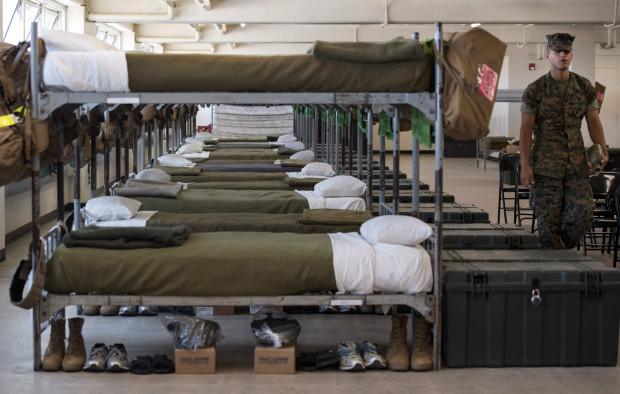
“How will we … explain to the families that put their trust in the Marine Corps if something does — and it will — happen to the recruit?” the Marine asked. “Why do we always wait until it’s too late before we take action?”
And another said: “We are putting lives in danger en route to [boot camp], and we are taking even a bigger risk by mixing the new recruits with the recruits and permanent personnel on the depot.”
On Monday the Pentagon also announced it currently has 1,087 confirmed coronavirus cases DoD-wide, which includes civilian contractors, up from 600 on Friday.
Tyler Durden
Tue, 03/31/2020 – 06:45
via ZeroHedge News https://ift.tt/2QZBZdN Tyler Durden


